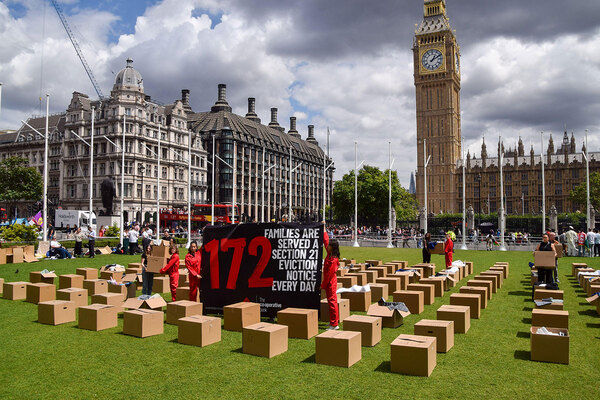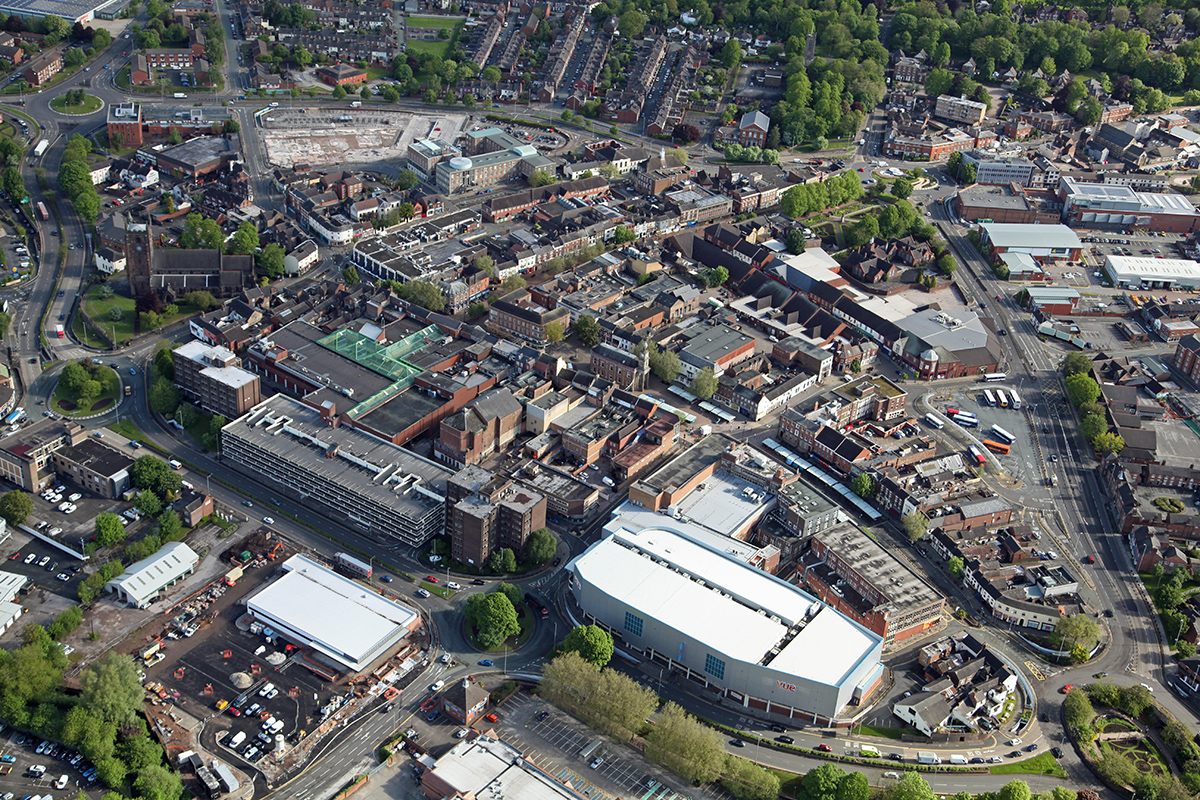You are viewing 1 of your 1 free articles
City council looks to PRS to save £121m on temporary accommodation after 10,000% increase in costs
Liverpool City Council is looking to buy up properties from the private rented sector (PRS) as the cost of temporary accommodation to support families facing homelessness has risen 10,000% in five years.

Spending on temporary accommodation in the city has increased from £250,000 in 2019 to a projected £25m by the end of this financial year.
A report going before the council’s cabinet recommended the procurement of 400 private rented homes for a period of up to five years, with an estimated cost of £19m up to 2029 – a net saving of £121m if current spending trends continue.
The council said its aim is to enable families to move out of B&Bs and hotels into more suitable and sustainable accommodation.
Almost 1,000 families in Liverpool currently reside in temporary accommodation, with 558 currently staying in B&Bs and hotels. The cost of this tenure is equivalent to what the council spends on culture, tourism, parks and youth services combined.
The report will be considered on Wednesday, around one week after more than 50 councils leaders raised the issue of homelessness and increased temporary accommodation costs at a crisis meeting in Westminster.
Inside Housing reported in November that Liverpool had estimated a 7,660% increase in spending in this area, however the new projection is based on a worst case scenario if no proactive action was taken.
Sarah Doyle, cabinet member for housing at Liverpool Council, said: “The homelessness situation in Liverpool is at crisis point. Due to unprecedented external factors, the cost of housing people in temporary accommodation has become unsustainable.
“A 10,000% rise in five years is a frightening number and is creating phenomenal pressure on our overall council budget.
“This temporary accommodation plan coming to cabinet is a good step forward in mitigating the rise in the costs we are having to endure. It will crucially also provide people and families with a more homely and sustainable setting. I fear what impact the current situation is having on the mental health of those affected, not least the children.
“However, we must be clear that this is a means to manage the current crisis. We urge government to invest in the provision of social rented homes. We want to see more families living in secure and affordable permanent accommodation.”
In addition, changes in the Home Office’s asylum assessment process have compounded the issue, as 390 individuals who have been granted the right to remain in the city have presented themselves as homeless to the council in the past three months.
Another city council warned earlier this month that the government’s streamlined asylum process could cost an additional £30m over the next two years.
Sign up for our Council Focus newsletter
Already have an account? Click here to manage your newsletters










